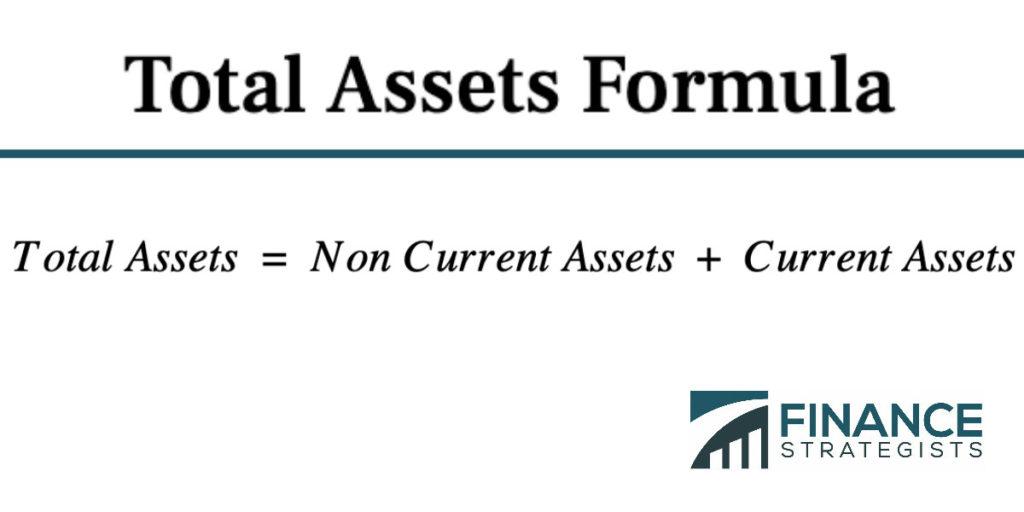In the realm of estate planning, trusts have long been utilized as a powerful tool to protect and manage one’s assets. However, not all assets are suitable for placement within a trust. As experienced practitioners in estate planning at Morgan Legal Group in New York City, we frequently encounter clients grappling with the question of which assets should or should not be included in a trust. In this article, we will explore the types of assets that may not be well-suited for placement in a trust, and the reasons behind such decisions. Join us as we navigate the complexities of asset protection and preservation within the realm of trusts.
Assets that May Compromise Medicaid Eligibility
When setting up a trust for Medicaid planning, it is crucial to understand which assets should not be included to ensure Medicaid eligibility. Certain assets may compromise Medicaid eligibility and should be carefully considered before placing them in a trust. Assets that may jeopardize Medicaid eligibility include:
- Primary residence: Your primary residence may be exempt from Medicaid eligibility requirements, so it is important to carefully consider whether to place it in a trust.
- Life insurance policies: Life insurance policies with cash value may be counted as an asset for Medicaid eligibility purposes, so be cautious when including them in a trust.
- Retirement accounts: Retirement accounts such as 401(k)s or IRAs may also be considered countable assets for Medicaid eligibility, so it may be best to keep them out of a trust.
| Asset | Status |
|---|---|
| Primary residence | Exempt |
| Life insurance policies | Countable |
| Retirement accounts | Countable |
By carefully considering which assets should not be included in a trust for Medicaid planning, you can ensure that your eligibility is not compromised. Consulting with an experienced elder law attorney can help you navigate the complex rules and regulations surrounding Medicaid planning and protect your assets effectively.

Types of Assets that Cannot Be Transferred Into a Trust
When setting up a trust, it is important to be aware of the types of assets that cannot be transferred into the trust. These assets must be handled differently to ensure proper distribution and avoid any legal issues. Some assets that should not be included in a trust include:
- Retirement accounts: Assets such as 401(k) plans, IRAs, and pension plans typically cannot be transferred into a trust due to tax implications and restrictions on ownership.
- Life insurance policies: Proceeds from life insurance policies are generally not recommended to be placed in a trust, as they may lose their tax benefits and cause complications during the distribution process.
It is crucial to consult with a knowledgeable attorney when creating a trust to properly identify which assets should not be placed within it. By understanding the limitations and considerations for certain assets, individuals can ensure their estate planning is handled with care and precision.

Assets with Potential Tax Implications When Placed in a Trust
When considering which assets to place in a trust, it is crucial to be aware of the potential tax implications that may arise. Certain assets, when transferred to a trust, can trigger tax consequences that may not be advantageous for the trustor or the trust beneficiaries. It is important to carefully evaluate each asset and consider the tax implications before placing them in a trust.
Assets that may have negative tax implications when placed in a trust include:
- Retirement accounts such as 401(k)s and IRAs
- Life insurance policies with a high cash value
- Property with accrued capital gains
- Business interests with significant appreciation
Additionally, assets with potential tax consequences should be analyzed on a case-by-case basis, taking into consideration the specific circumstances of the trustor and beneficiaries. By consulting with an experienced estate planning attorney, you can better navigate the complex tax implications of placing assets in a trust and ensure that your estate plan is tailored to achieve your financial goals while minimizing tax liabilities.
Special Considerations for Retirement Accounts and Life Insurance Policies
When it comes to estate planning, it is essential to understand which assets should not be placed in a trust. Retirement accounts and life insurance policies are two such assets that have special considerations. Placing these assets in a trust can have unintended consequences and may not align with your overall estate planning goals.
Retirement accounts, such as 401(k)s and IRAs, should not be placed in a trust because doing so can trigger immediate tax consequences. These accounts have specific beneficiary designations that should be carefully considered and updated regularly. Similarly, life insurance policies should generally not be placed in a trust, as this can complicate the distribution of proceeds to beneficiaries. It is important to work with a knowledgeable estate planning attorney to properly structure these assets in line with your overall estate plan.
Q&A
Q: What assets should not be in a trust?
A: While trusts can be a useful estate planning tool, not all assets are suitable for inclusion. Here are some assets that should generally not be placed in a trust:
Q: Why shouldn’t certain assets be placed in a trust?
A: Certain assets may not benefit from being in a trust, or may even create unnecessary complications. For example, retirement accounts such as IRAs and 401(k)s already have designated beneficiaries, so placing them in a trust can result in adverse tax consequences.
Q: Are there other assets that should not be placed in a trust?
A: Yes, assets that have significant tax advantages, like life insurance policies or certain types of annuities, may not be suitable for inclusion in a trust. Placing these assets in a trust could result in the loss of valuable tax benefits.
Q: Are there any exceptions to the rule of not placing certain assets in a trust?
A: There may be exceptions, depending on an individual’s specific circumstances and goals. For example, some individuals may choose to place certain assets in a trust for creditor protection or to control how the assets are distributed after their death. It’s important to consult with a qualified estate planning attorney to determine the best course of action for your unique situation.
Key Takeaways
In conclusion, when considering setting up a trust, it is important to carefully consider which assets should not be included. Some assets, such as retirement accounts and certain types of life insurance policies, may not be compatible with a trust structure. By understanding which assets are best kept out of a trust, you can ensure that your estate plan is set up in a way that best serves your wishes and protects your assets for future generations. It is always advisable to seek the guidance of a qualified estate planning attorney before making any decisions regarding trusts and asset protection.


